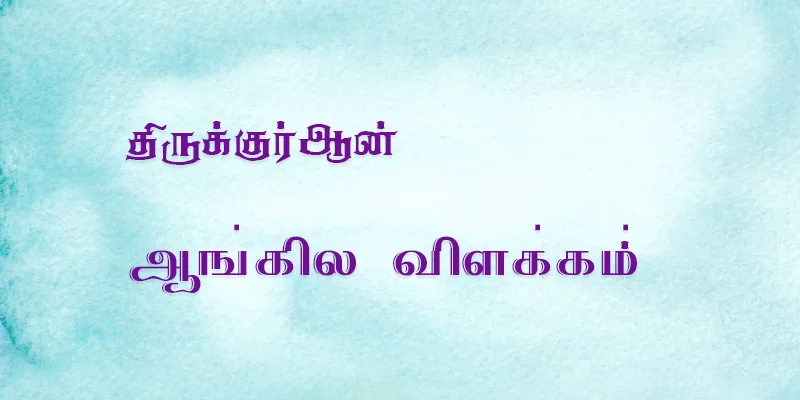449. Is Mubahala allowed between Muslims.
When a dispute between two people arises to prove who is a liar in a certain matter, they are to assemble with their wives and children in a common place with individual prayers by them to the Almighty saying, Oh! Lord whatever I say here is the truth and if it happens to be a lie, let your wrath befall on me and my family. This is known as Mubahala encounter in Islam.
Allah commands Prophet Muhammad to challenge the ‘People of the Book’ for a mubahala encounter, in this verse (3:61) of the Quran.
Though this verse was addressed to ‘the ‘People of The Book’ it is directed towards all.
Most of the verses of the Quran are addressed towards a group of people, or an individual, this should not be treated as they are meant exclusively for the group or the individual, but for all those who are within its context. The community of prophet Lut was reprimanded for their indulgence in sodomy and lesbian sex, this should not be understood as applying only to community of Prophet Lut.
When identifying a liar needs to be solved if a certain matter finds no solution, leaving it to the creator is what is known as Mubahala. Prophet Muhammad challanged only the ‘people of the book’ for a mubahala and not muslims, hence some say a muslim should not challenge another fo a muslim. And they also argue a muslim should not wish the wrath of the Almighty on a another.
They are unaware of the existence of a law in Islam known Li’an law, found in verses 24:6-9 of the Quran.
Prophet Muhammad had recommended Li’an in disputes between the male and female comrades. Bukhari 4745, 5310, 5314, 5315, 5316, 6748, 6856
Please refer to point 454 of this compilation.
To identify and invoke the wrath of the Almighty on them can be done on the basis of these hadiths is proved hereby.
When a man cannot fathom another person’s mind the best alternative is to leave it to the Almighty to decide.
There is no evidence whatsoever available, that says not to invoke the wrath of Almighty on people who are liars.
Some people claim that invoking the wrath of Almighty on a fellow muslim is not endorsed by learned muslim scholars.
Ibn Tayammia has challenged name sake muslims following advaitha ideology for a mubahala encounter. Another scholar Hafiz Ibn Hajr encountered a mubahala challenge with the followers of Ibn Arabi.
Many scholars like Ibn Abbas, Sufyan Awri, Avsayee, Ibnul Qayyum challenged those with wrong ideology for mubahala, and have decreed such challenging is permitted in Islam. Hence the contention muslims cannot challenge other muslims and there is no precedent for such an act is false.
We need to consider another fact in such circumstances.
When a person is blamed for a certain act, he can challenge the one who blamed him, or ignore him and is justified in doing so.
But there is no place in Islam for a person to challenge another for a mubahala to find an escape route, because if a person blames or accuses another, he is duty bound to prove it with evidence.
He (the one blames) cannot escape the punishment for slander in the disguise of a challenge for mubahala. On issues like correctness of a message, correctness of an ideology, one can challenge the other for a mubahala.
One can challenge the person who accuses him personally or on the basis of an ideology. And the only duty of the person who accused or blamed is to prove the accusations without any doubt. The responsibility rests with the accuser.
No one should use mubahala as a ruse to get out of false accusations.
In Islam the responsibility of proof rests with the accuser, and if not proven he is liable to undergo punishment for slander. And if the accusation is not proven, the accused is free to forgive the accuser.
During the time of Prophet Muhammad those who could not prove their accusations were punished.
And no one will be offered the luxury to escape after accusing somebody and challenging him for a mubahala. The moment one is unable to prove his accusations, and still keeps on insisting on a mubahala, makes a mockery of Islamic judicial system.
People who slander against others are required to prove their genuineness first on the basis of their belief in God. But if the one who accuses is not bound by any promises and duties, he can call for a mubahala and this is allowed.
Please refer to point no; 94 of this compilation

